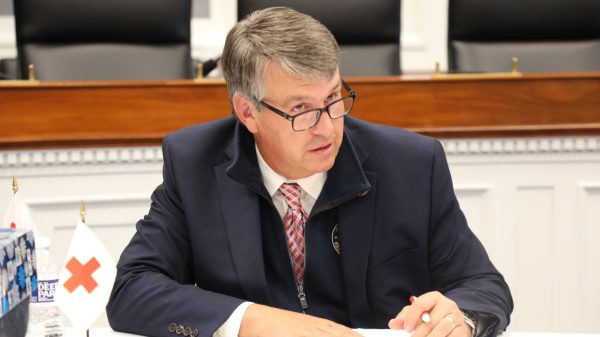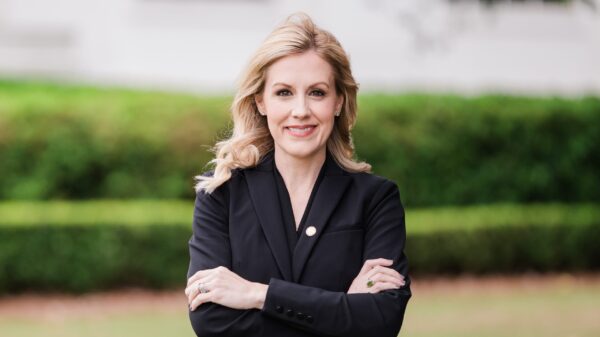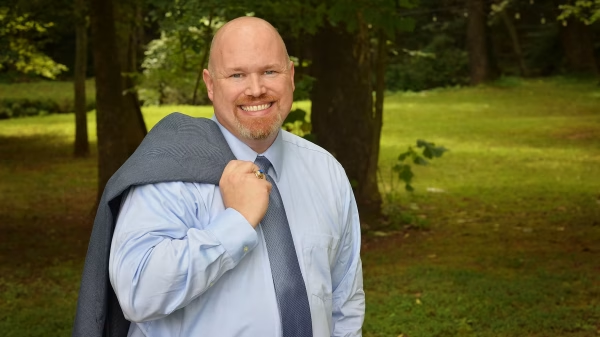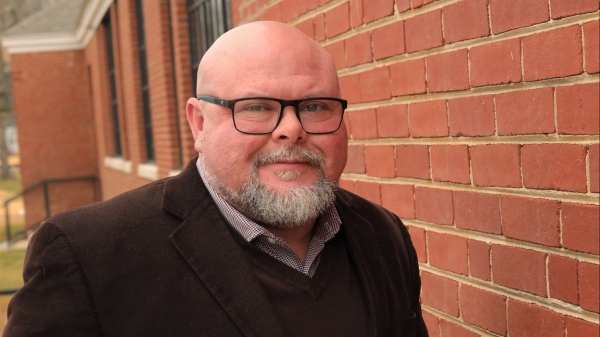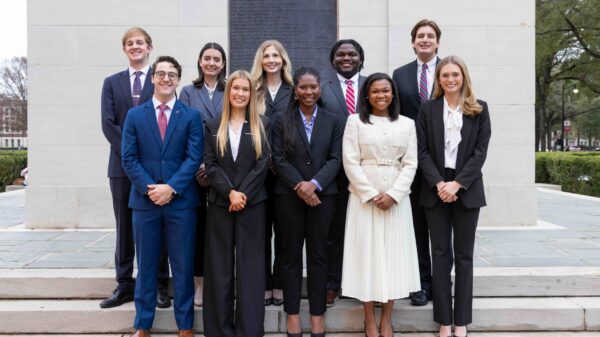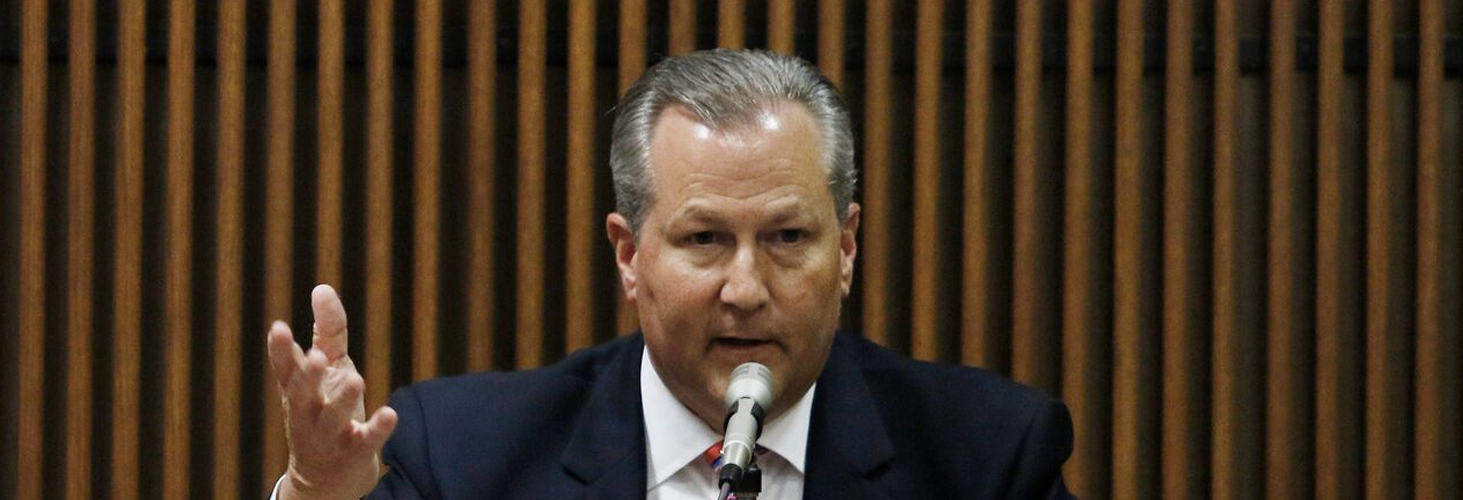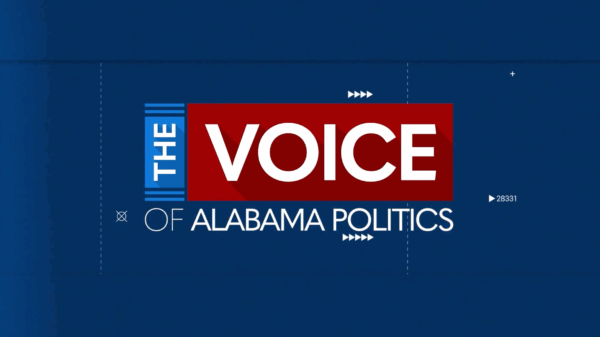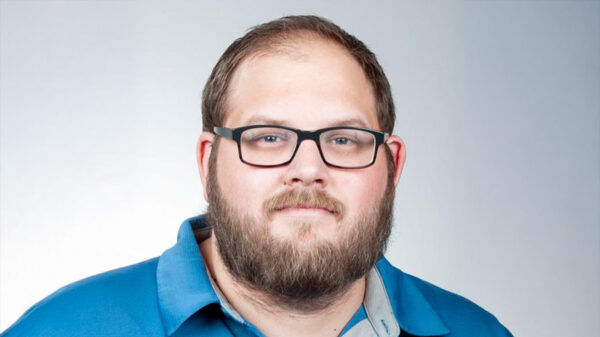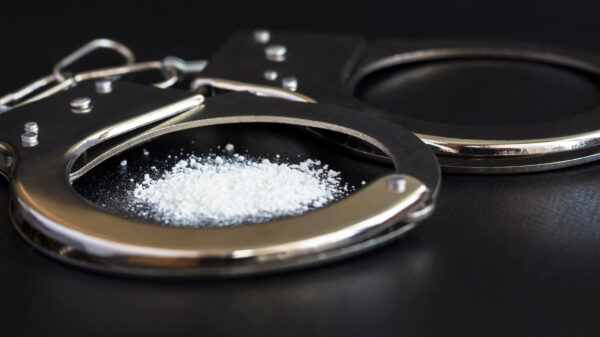By Bill Britt
Alabama Political Reporter
October 21 of this year marked the third anniversary of former Republican Speaker of the House Mike Hubbard’s indictment on 23 counts of felony public corruption. The day passed without notice except to wonder about his legacy and to question, “Why is he not in jail?”
Hubbard was found guilty of 12 of the 23 indictments and was sentenced on July 8, 2016, to four years in state prison, eight years probation and ordered to pay a $210,000 fine.
To this day, Hubbard remains free on bond awaiting a ruling on his appeal. Given the state of the criminal appeals court and the state’s supreme court, Hubbard will likely see another anniversary of his indictment before he sees the inside of a state penitentiary.
Lawyers will say there are not two justice systems; one for the rich and connected and another for the poor and friendless. Try telling that to a penniless man convicted of stealing over a million dollars like Hubbard.
What is the legacy of Hubbard’s conviction?
A building on the Auburn University campus still bears his name, as does Mike Hubbard Blvd. Why do the city of Auburn and the university resist erasing its most notorious felon’s name from these sites? Are Hubbard’s friends at the university and city hall afraid of offending him or do they hold out hope that Hubbard will escape justice? His name brings shame and doesn’t deserve to remain on a public road or building paid for with tax dollars. What are Auburn’s board of trustees and the city council thinking?
Perhaps adorning public property with a conman’s name is the least egregious reminder of Hubbard’s corruption.
Efforts to clarify and strengthen ethics laws under the leadership of the attorney general’s office died with the appointment of Steve Marshall by debased former Republican Gov. Robert Bentley. Marshall, a former Democrat appointee of another disgraced governor, Don Siegelman, has accepted campaign contributions from those who would see Hubbard be the last amoral politician convicted under the state’s ethics code. Marshall is also accepting large donations from those who would see Hubbard set free on appeal. Marshall, a thin-skinned neophyte, continues playing with fire while shunning adult advice as he seeks to hold onto a position he doesn’t deserve and is ill-equipped to handle.
Another troubling reminder of Hubbard’s petty rule over state politics lives on in Republican State Rep. Mike Ball’s efforts to reshape state ethics laws to protect dishonest lawmakers like Hubbard. Ball remains chair of the House Ethics Committee. He continues to press the idea that he will use his power as head of ethics committee to pass legislation to alter state ethics laws to favor the corrupt political class.
Ball, a former law-enforcement officer, has for nearly two years falsely accused Special Prosecution Division Chief Matt Hart of criminal activities. Ball continues to claim Hart tried to suppress his political activities. A claim that was soundly rejected by Hubbard’s trial judge, Jacob Walker III.
Is Ball merely a stooge shilling for Hubbard, or is he actually a deranged troglodyte intent on changing state ethics beyond enforcement?
There was hope that after Hubbard’s conviction the state ethics commission might perform its duty as envisioned at its creation. Instead, select commissioners like Judge Jerry Fielding place political cronyism above the strict interpretation of the laws. So dishonest is the ethics commission that Hart’s team must monitor its every action to keep commissioners from turning it into a wholesale bazaar for political favoritism and special interest lobbying.
There are, however, some bright spots that manifested after Hubbard’s banishment.
One of the most shining examples in the Secretary of State’s Office is Secretary John Merrill, who is leading a revival of good government and accountability. Not only has Merrill and his team brought great efficiency to the office, but he has also worked tirelessly to hold those who abuse campaign finance laws responsible for their actions.
Hubbard’s legacy might well be summarized in a cautionary sermon given by Frederick Lewis Donaldson in Westminster Abbey, London, on March 20, 1925.
“The Seven Social Sins are:
Wealth without work.
Pleasure without conscience.
Knowledge without character.
Commerce without morality.
Science without humanity.
Worship without sacrifice.
Politics without principle.”
Until Hubbard is finally behind bars and his henchmen dispatched from government, there is little hope for a new day in our state.
Of course, wishing, hoping and even sometimes praying is not enough. Good government demands watchers on the wall who, without fear or favor, stand athwart history to call wickedness by its name.
Hubbard, who at this hour remains free, worked to build a government in which he and his cronies could prosper by favoritism; passing laws to enable them to plunder the state, accepting bribes to make them rich while holding hostage every man, woman and child they were elected to serve.
Those of us who believe in what is right and good must remain vigilant to protect against the next Hubbard who will surely come, because villains are always at large.

